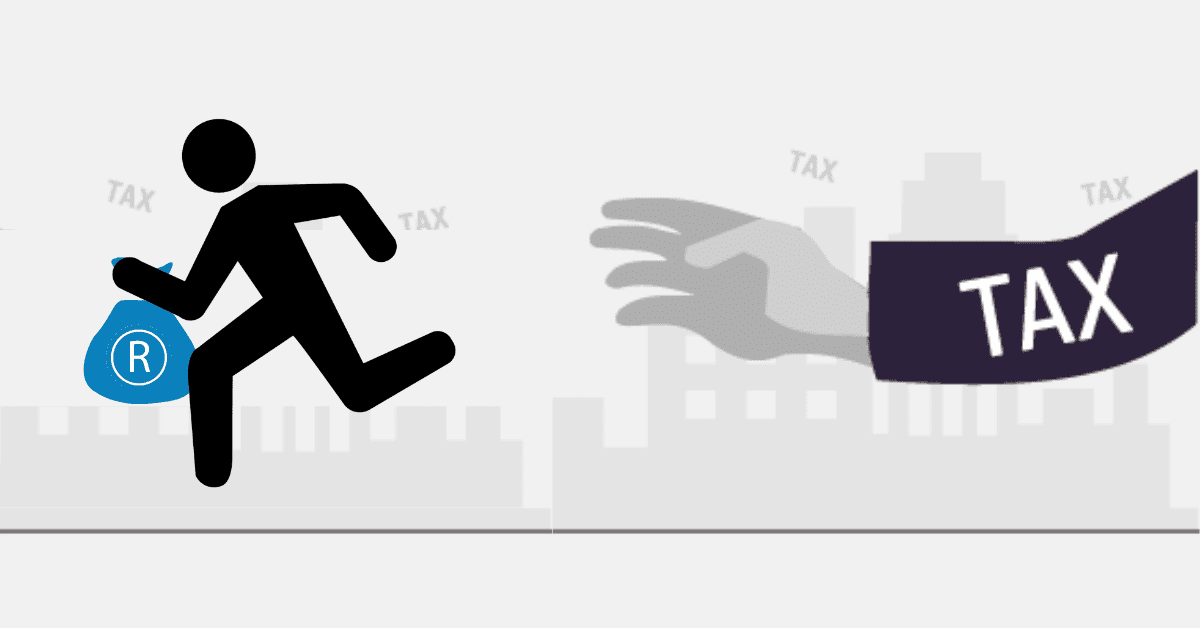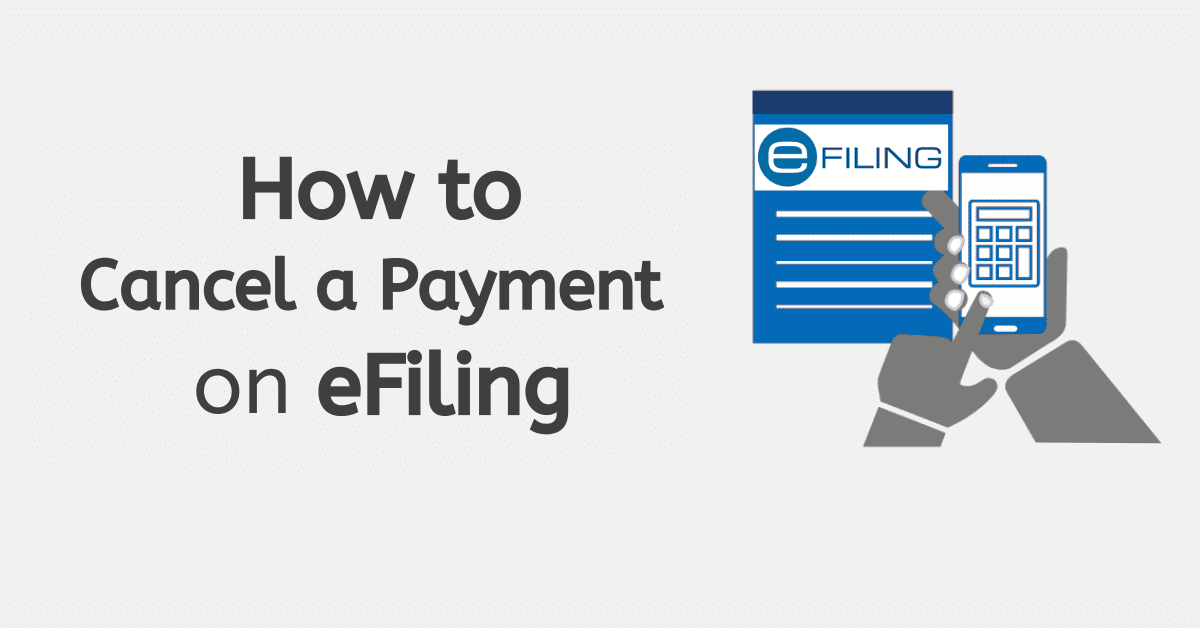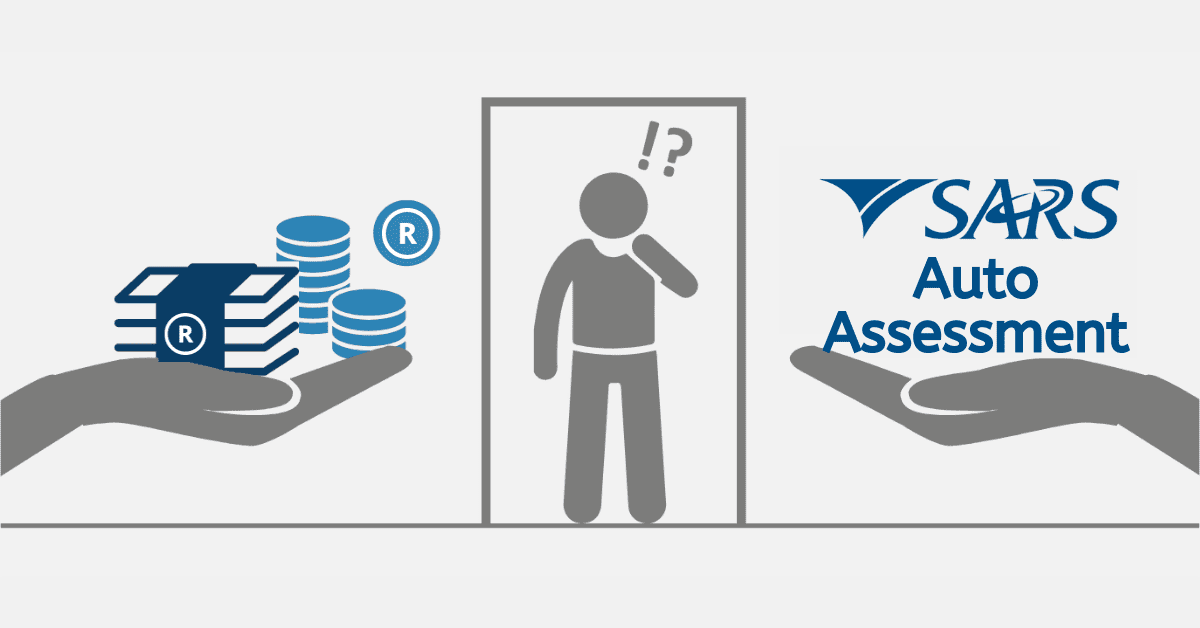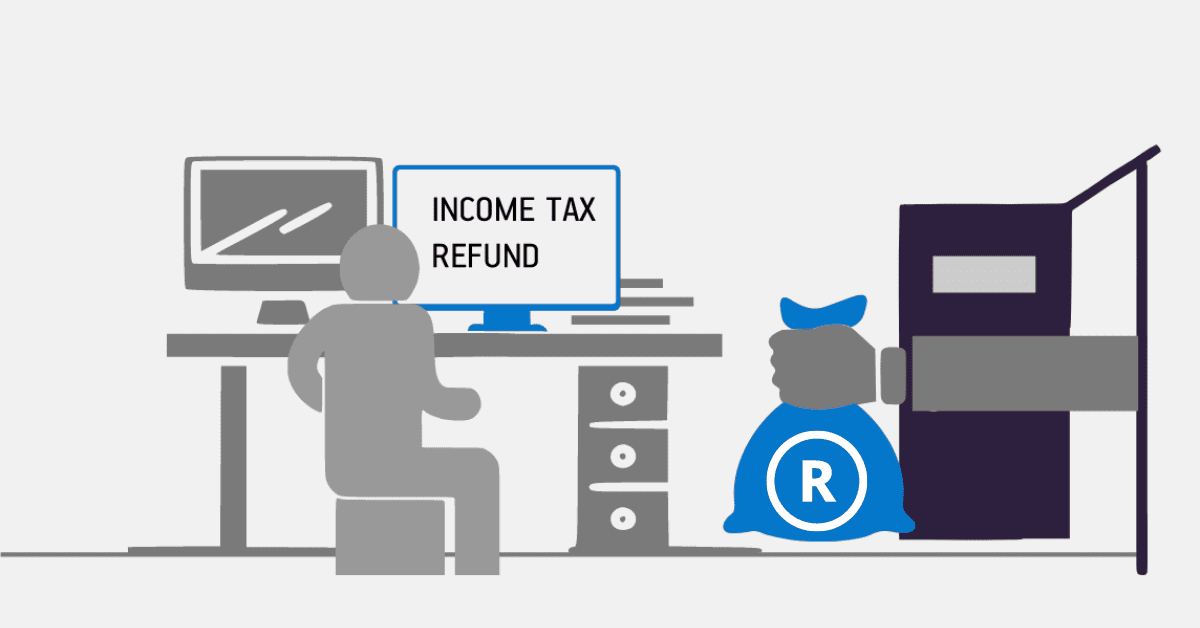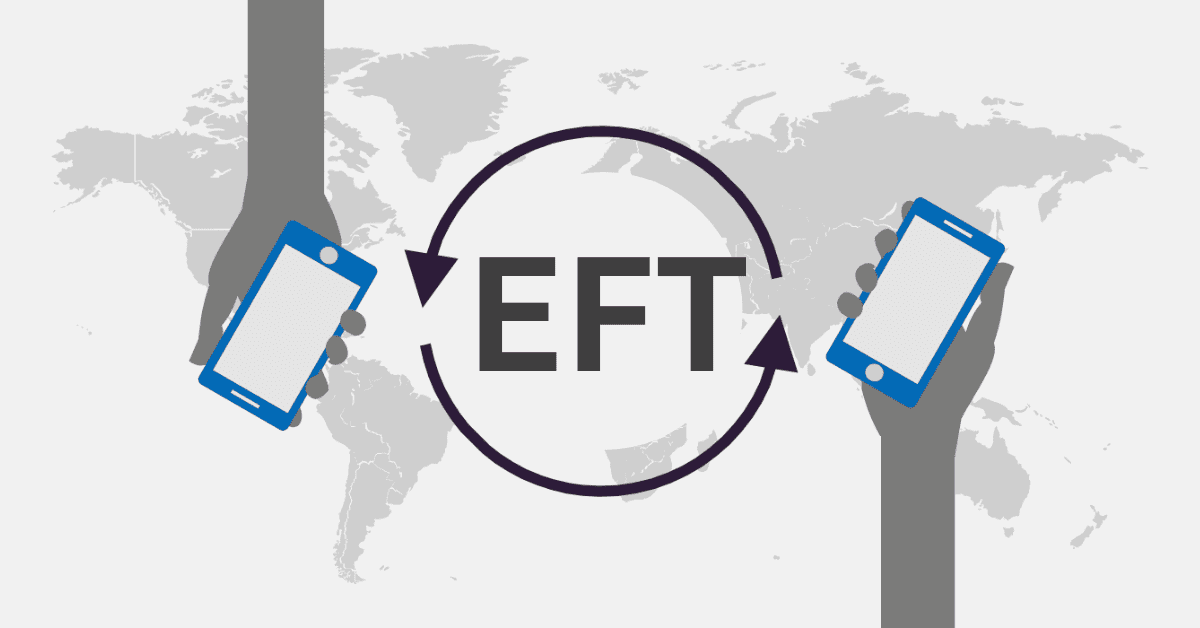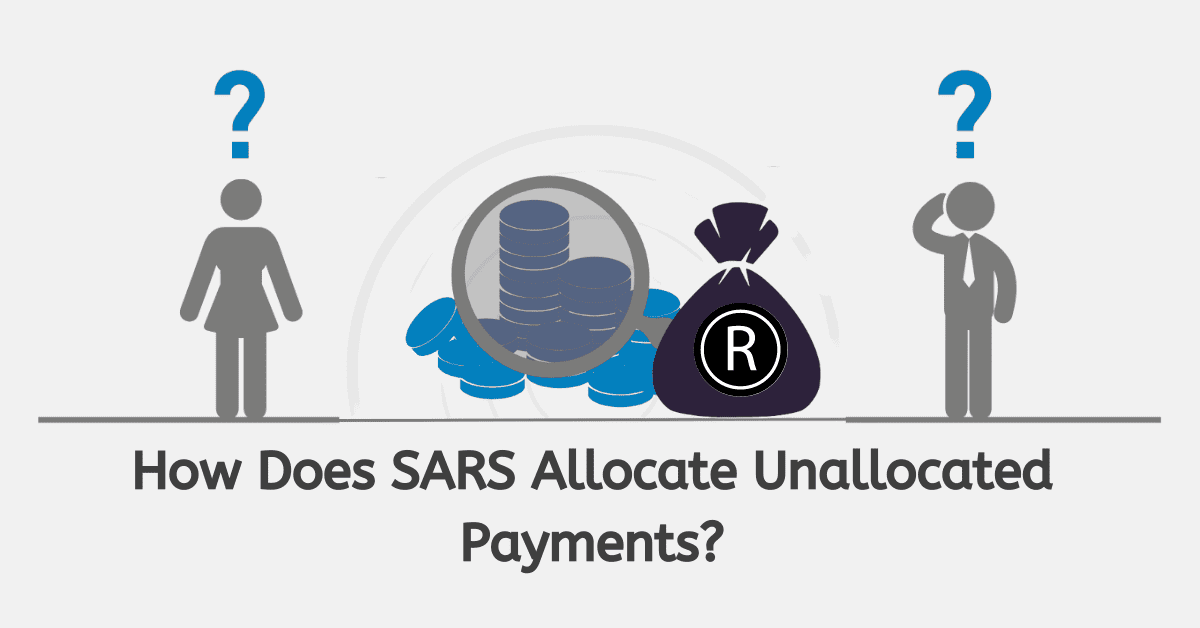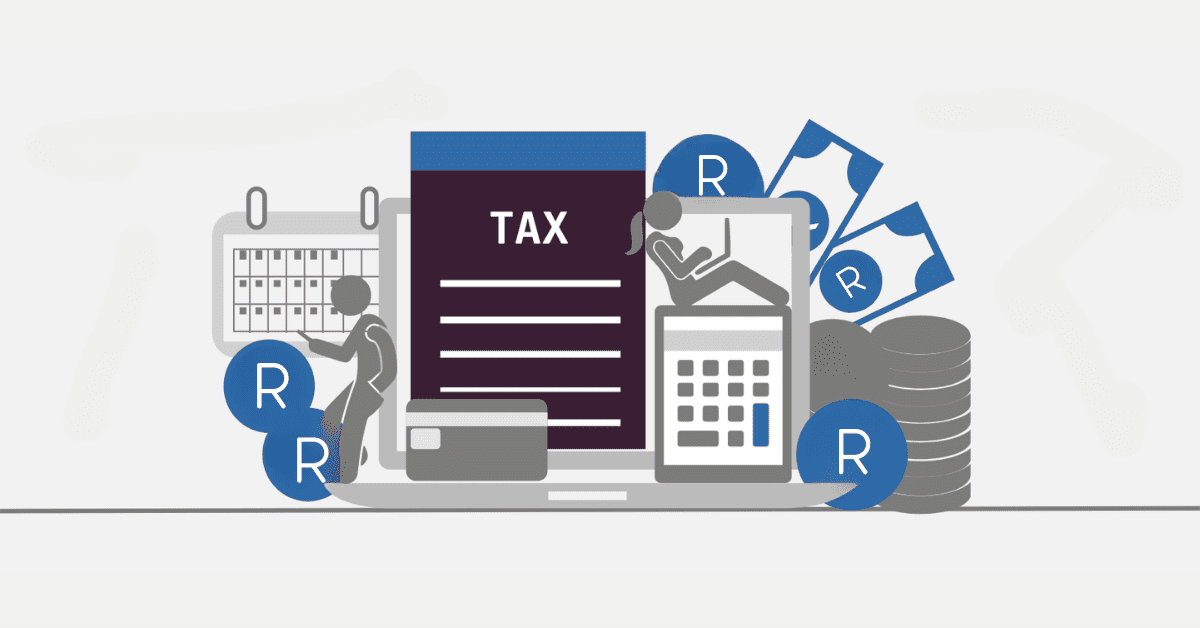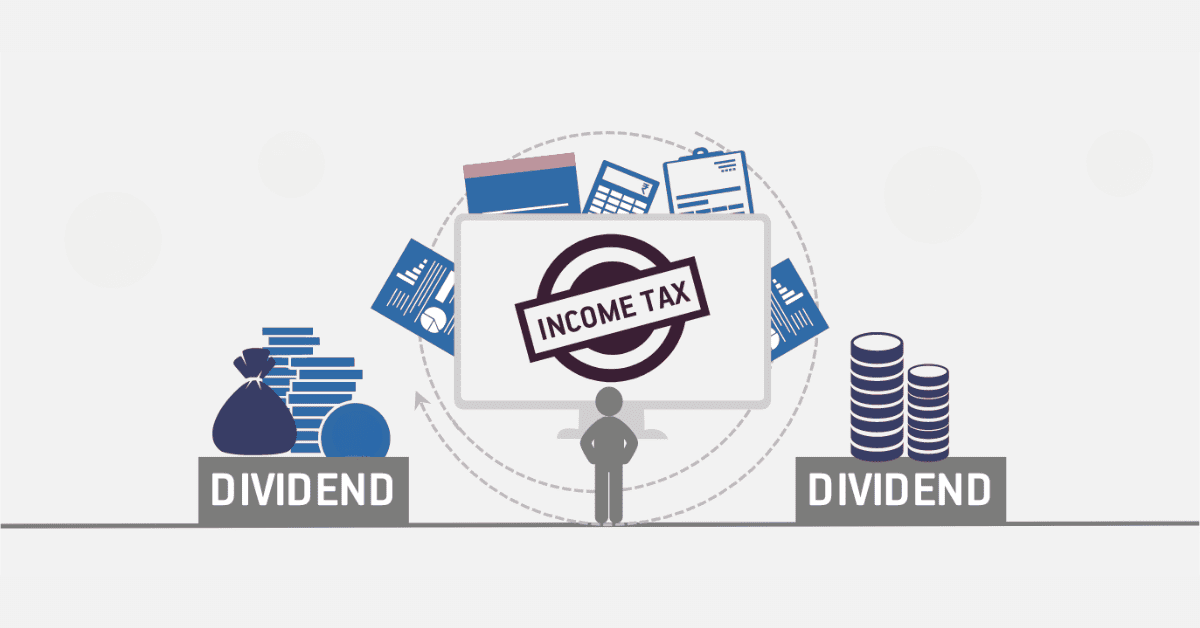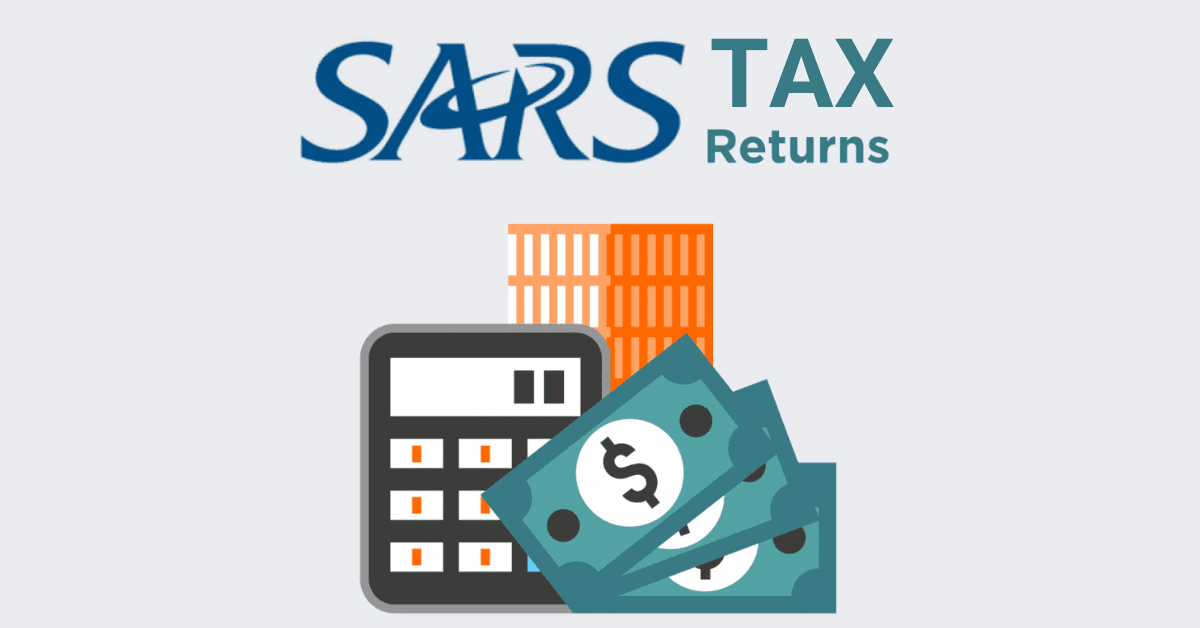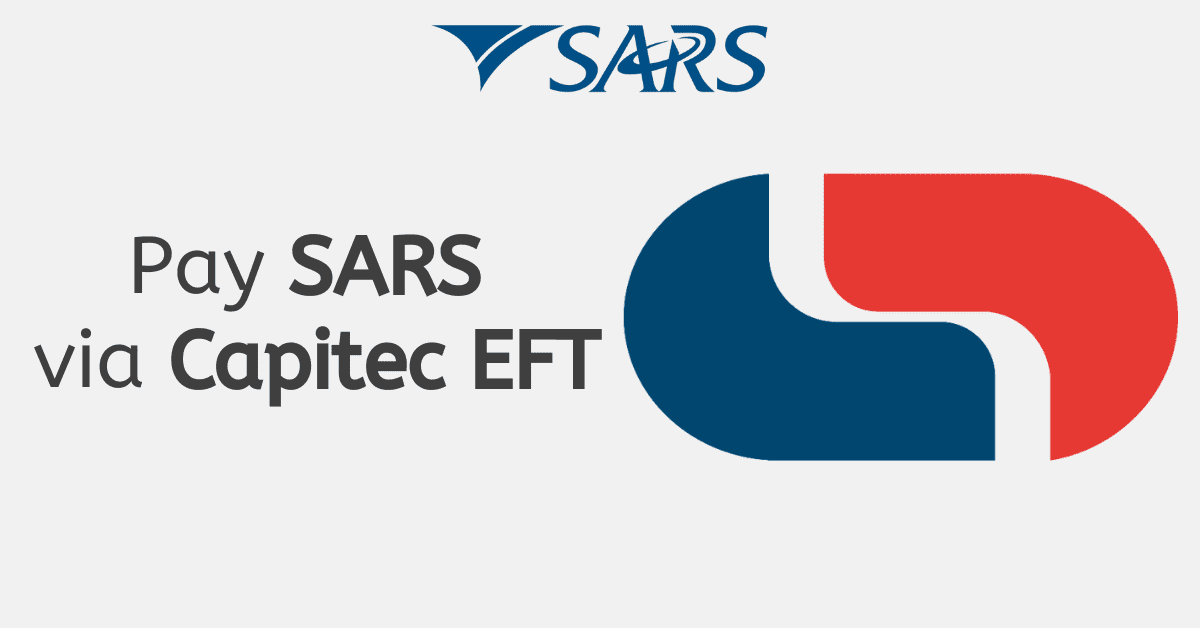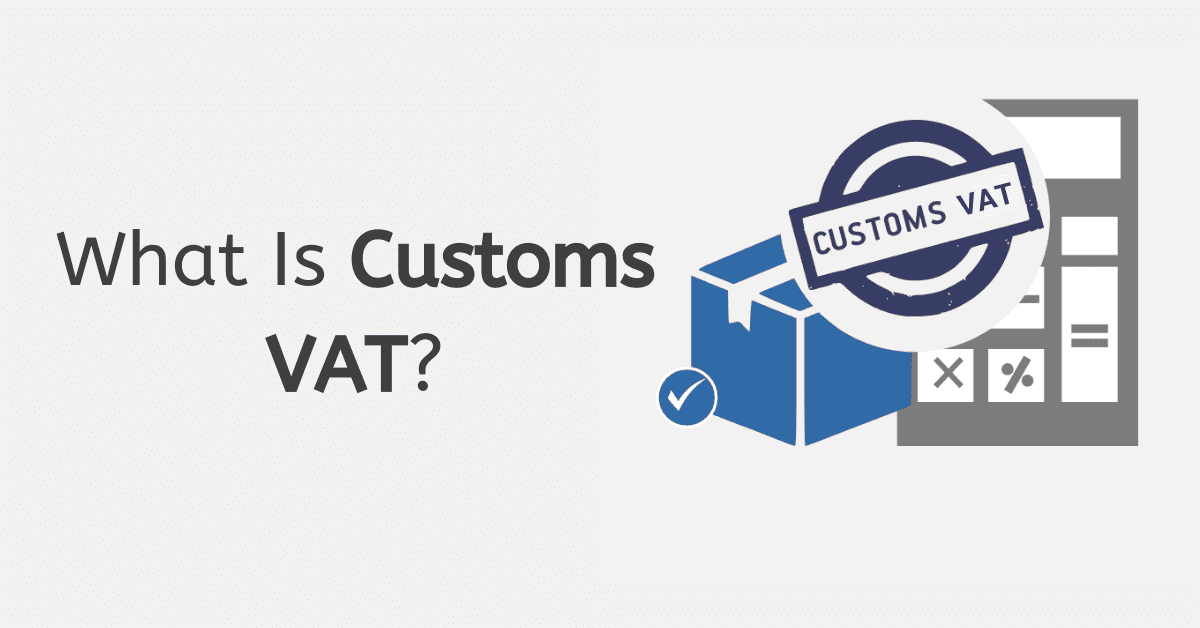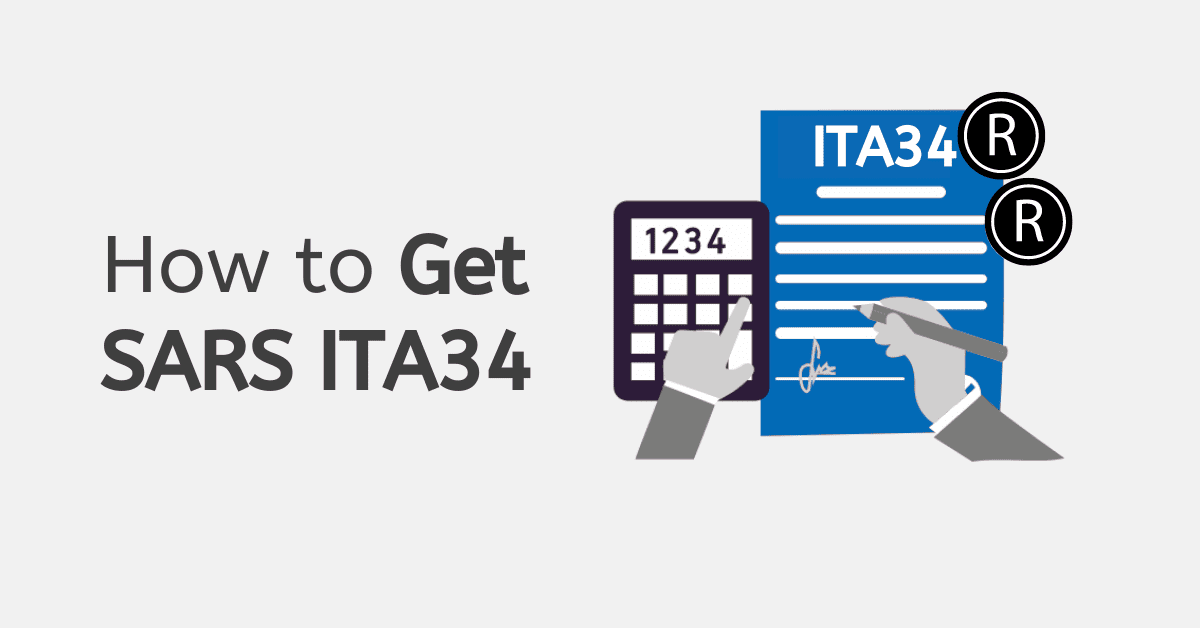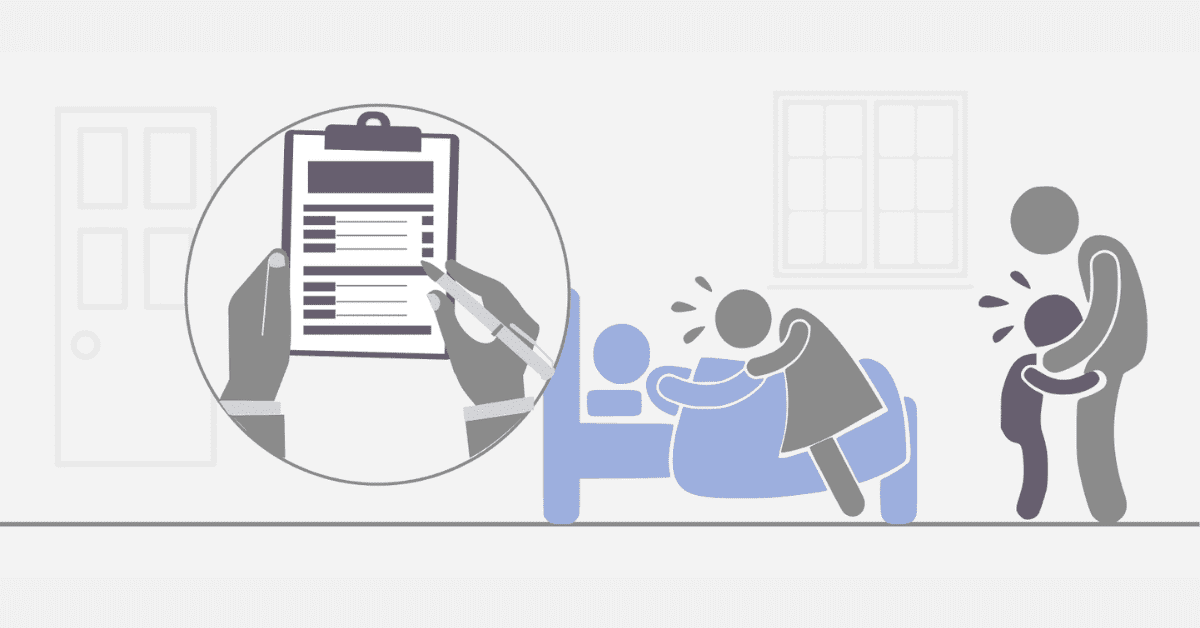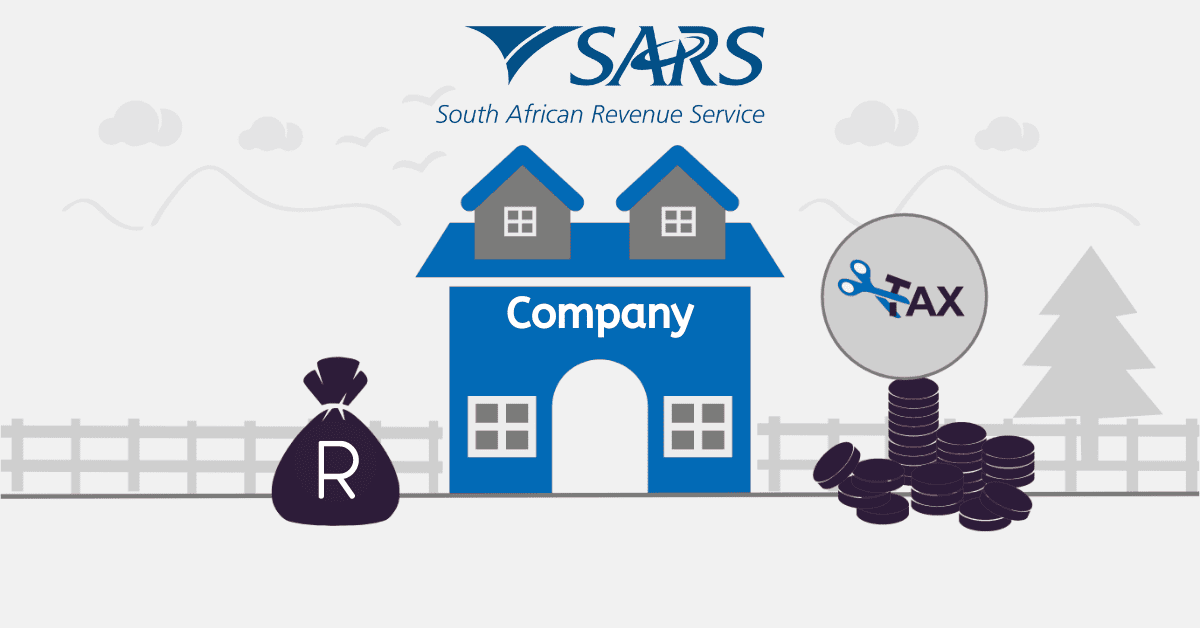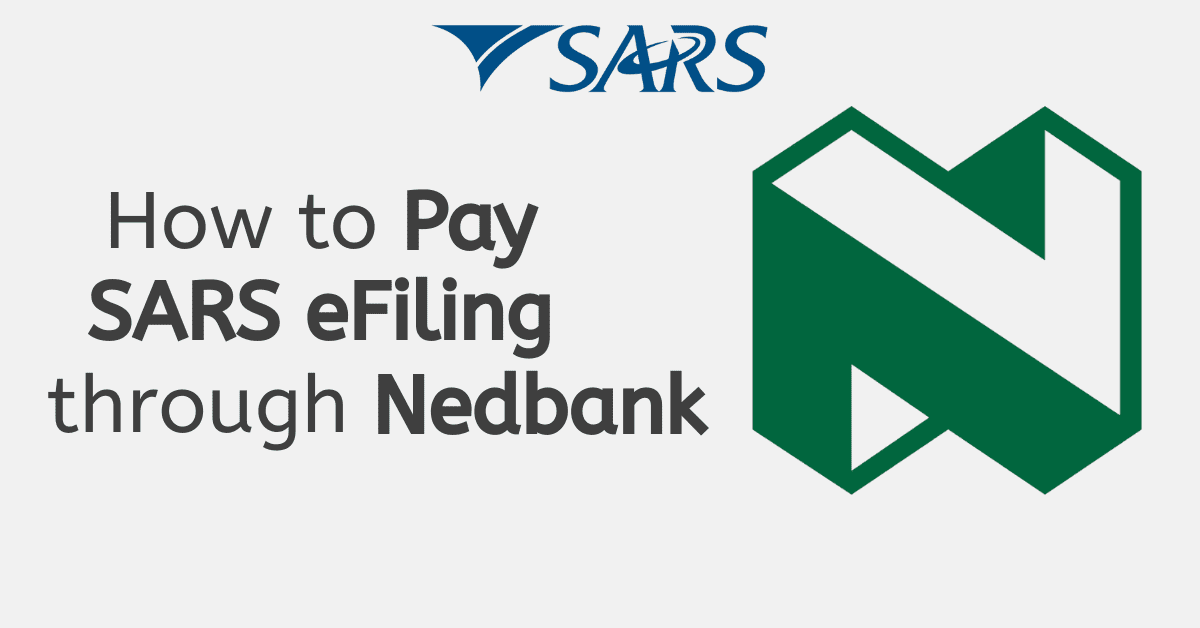Value-added tax (VAT) is a form of indirect tax, and it differs from other types of taxes in how it is administered. However, no matter the kind of tax you might be dealing with, the money ends up in the government coffers. This guide explains the difference between VAT and tax.
What Is the Difference Between VAT and Tax in South Africa?
VAT is a flat tax that is levied on a product or service offered by a registered vendor who collects the tax on behalf of the government. This is an indirect consumption tax that is handled by traders or vendors. Different parties in a transaction contribute to VAT. On the other hand, tax generally refers to the money paid to the government through the South African Revenue Service (SARS) by individuals and businesses that earn taxable income. Other forms of tax are paid directly to the government by the taxpayer.
The sellers collect VAT at different stages of the supply chain of various products, including manufacturers, suppliers or distributors, and distributors. VAT is levied on all taxable sales. If you operate a business, you should be registered for VAT and make sure you document the VAT you pay on the products you purchase to get credit for VAT paid on your tax return.
Is VAT Charged on Tax?
As noted above, VAT is an indirect tax that is levied on the consumption of different services and products in the economy. It applies to the supply of taxable services or goods. VAT is levied on importation of goods and services as well as transactions not directly on income or profit generated by business. VAT is charged at 15% on different products. It does not impact tax directly.
How Do I Get a Refund From VAT?
If you are a registered vendor, you are entitled to deduct VAT, which is charged on input tax incurred during the procurement of taxable supplies. Only in rare circumstances can a vendor claim a deduction supplies conducted to it by businesses that are not VAT registered.
Other regulations for getting a refund from VAT apply to foreign visitors. When you visit South Africa and buy items that you want to take out of the country, you can claim a refund for VAT paid if the total value is more than R250. You need to apply for VAT at designated places that include land border posts, international airports, or commercial harbors.
All you need to do is identify yourself as a tourist or visitor to the shop assistant when you purchase your goods. Ask for a tax invoice with the following details:
- Description of goods and quantity
- Unique invoice number
- Total VAT charged
- Export the goods within 90 days from the date of issue of the invoice
- Name and address
- VAT must be charged at the rate of 15%
You must declare all the products and documentation at the port of exit. Make sure your passport is valid and other details are correct.
Apart from visitors, other people who can claim refunds for VAT include diplomats, foreign companies, and tourists.
How Does VAT Work With Tax?
As you have observed, VAT is an indirect tax that is levied on consumption. The only difference with other direct taxes is that VAT is collected by a third party, also known as the vendor. Once the trader collects VAT, they will pay it to SARS. Once the money is deposited into the SARS account, it is just considered tax money. In other words, VAT and tax work hand in glove, but the only difference is how the money is collected. SARS has the discretion to use the money collected via different methods the way it deems fit.
How Is VAT Different From Other Taxes?
VAT is a tax that is paid indirectly on the purchase of consumption different services and goods in the economy. Specific traders with a turnover of R1 million should register for VAT, and they will collect revenue on behalf of the government. From the onset, you should know that the VAT you collect is not yours. Vendors should levy VAT at the standard rate of 15% or 0% in some instances. Failure to pay the VAT you collect to SARS can lead to penalties and interests.
VAT differs from other common taxes in different ways, although they will all be used for the same purposes by the government. Sales tax is levied on the final consumer who buys a product or service from a retailer. If there is no sale conducted, SARS will not receive any money from the retailer.
Income tax is the amount which is deducted from your salary if you earn taxable income which is above the tax threshold. SARS deducts this money directly from your earnings, or taxpayers can find other means to file their tax returns.
Corporate income tax (CIT) is another form of tax that comes directly from the profits generated by your business. The total amount you pay for CIT depends on the income you generate from your operations. You should not be tempted to underwrite your tax or falsify information about your earnings since this can backfire. Therefore, you have to ensure that you meet your tax obligations to avoid consequences that can impact your financial status.
SARS collects different types of taxes from individuals and businesses. Depending on the type of your business or source of income, you should know the type of tax you are liable to pay. If you operate a business with a turnover of R1 million or more, you should register for VAT. Value-added tax is levied on the buyers of products and services offered by businesses, and the money is remitted to the government via SARS.
In a nutshell, VAT is a tax on consumption, while Income Tax is a tax on business profits.
